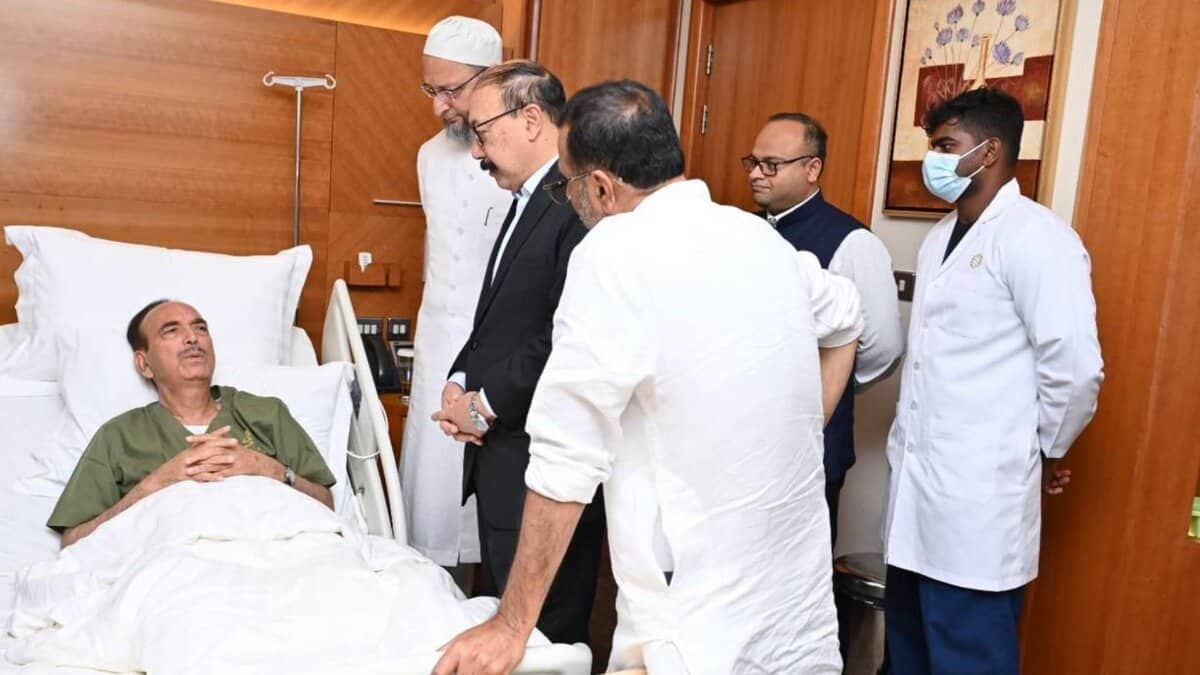Cultural Factors While Looking for Healthcare Care In a Foreign Country
As the global landscape undergoes transformations, numerous individuals are opting for medical procedures outside their home country. Exploring healthcare in another country can offer significant benefits, such as reduced costs and access to advanced technologies that may not be locally. Nonetheless, dealing with the complexities of cultural differences is crucial for a positive overseas medical experience. Recognizing these factors can greatly influence the quality of care and overall satisfaction with the treatment received.
Cultural considerations play a critical role in healthcare systems around the world. Different countries have unique beliefs, practices, and attitudes towards medicine and patient care. From styles of communication to family involvement in health decisions, understanding of these cultural nuances can help patients build trusting relationships with healthcare providers abroad. By approaching overseas medical treatments with an open mind and a readiness to learn, individuals can guarantee a more positive and effective healthcare journey.
Understanding Cultural Differences
When looking for medical procedures overseas , it is crucial to acknowledge that societal differences can greatly affect the healthcare journey. Diverse cultures have divergent attitudes towards health, illness, and healthcare practices. For example, some countries may emphasize comprehensive approaches, while others may rely heavily on innovative technology and drugs. Comprehending these differences can assist patients steer their healthcare journey with greater awareness and awareness.
Conversational methods also change across backgrounds, affecting how patients and healthcare practitioners interact. In certain societies, patients may be less active in their method, depending on the doctor to drive in making choices. In contrast, other societies may advocate for active participation, where patients express their preferences and request comprehensive clarifications. Understanding of these dynamics can strengthen the patient-provider bond and ensure that patients feel listened to and valued during their care.
Ultimately, cultural beliefs surrounding healthcare ethics and agreement can differ substantially. For instance, some societies may highly value family involvement in medical decisions, while others may focus on individual autonomy. It is crucial for patients looking for medical care overseas to understand these principles, as they can influence how treatments are provided and how data is exchanged. By approaching medical care with a cultural perspective, patients can foster a more productive and empathetic medical encounter.
Handling Language Obstacles
While searching for treatments abroad, communication can be a substantial obstacle. Effective communication is vital in medical contexts, as it allows that individuals can express their questions, understand health evaluations, and follow care plans. In countries where English is not the primary language, this challenge becomes even more even more pronounced, making it essential for individuals to prepare in ahead to minimize any confusions.
One effective strategy to overcome communication challenges is to study some essential medical vocabulary in the native tongue. Familiarizing yourself with common terms related to the medical treatment being pursued can empower patients during consultations. Furthermore, using translation apps or carrying dictionaries can provide immediate support when interacting with doctors. Having these resources at hand can help bridge the language barrier and encourage a more collaborative interaction with healthcare workers.

Additionally, it is advisable to consider engaging a professional medical interpreter if the situation provides for. Many medical institutions abroad may offer interpretation services, and these experts can help ensure that all involved individuals fully comprehend each other. This support is particularly important in complex circumstances where thorough explanations are needed, allowing patients to make informed decisions about their care while feeling confident in their knowledge of the healthcare procedures involved.
Building Trust with Healthcare Providers
When pursuing healthcare services internationally, building trust with medical professionals is crucial. This relationship can profoundly influence the effectiveness of care and the quality of care. Patients should take the time to research and identify experienced professionals within their chosen destination. Reviewing feedback, inquiring for advice, and verifying credentials can support build a trustworthy foundation. Making early communication with providers through conversations about their method to care can further enhance trust.
Communication plays a vital role in cultivating trust. Patients should feel comfortable discussing their medical history and particular worries with their medical professional. This transparency encourages a mutual relationship, where patients and providers can express their needs and concerns. In many communities, the perspective to healthcare can differ significantly, so understanding cultural customs related to discourse is essential for ensuring that patients and healthcare professionals are on the same understanding.
Finally, engaging in local traditions and demonstrating respect for the local culture of the healthcare environment can strengthen trust between patients and providers. Simple acts, such as friendly hellos or expressing gratitude, can go a long way in making doctors feel appreciated. By demonstrating cultural understanding, patients not only foster goodwill but also create a path for a better and positive medical encounter abroad.